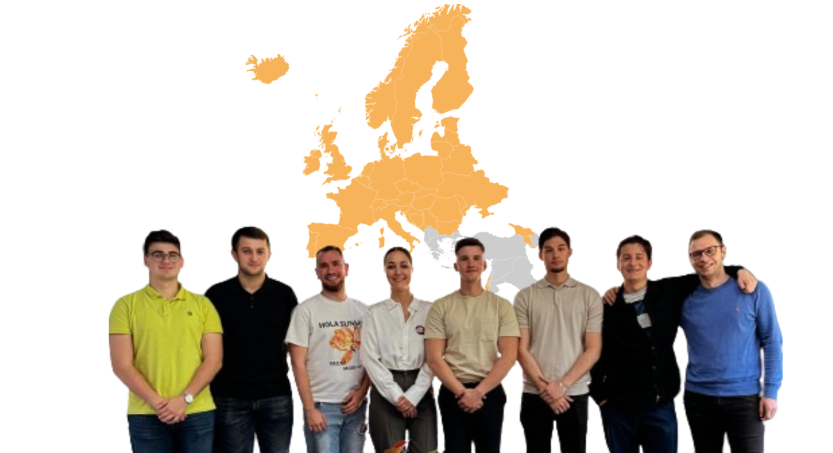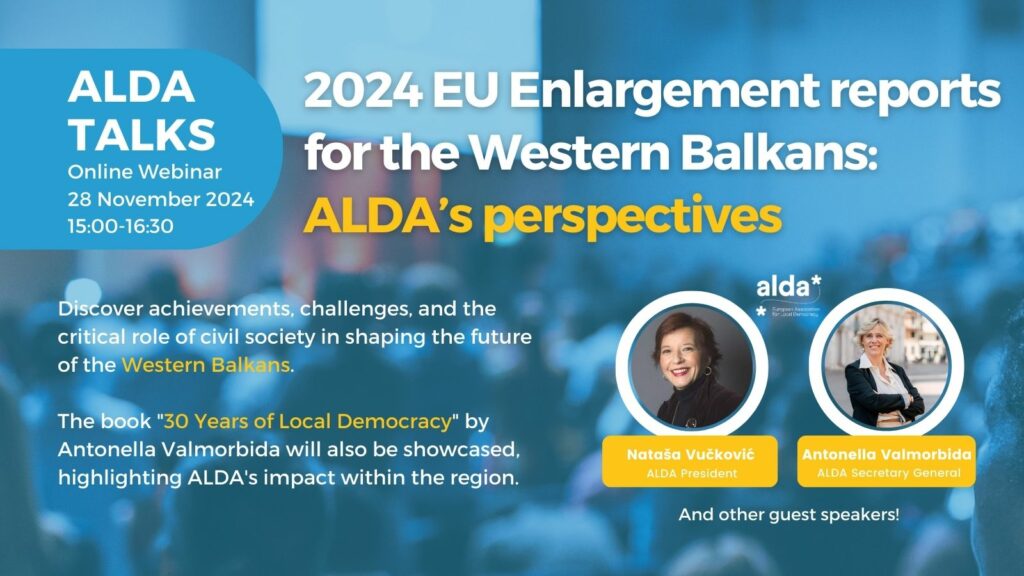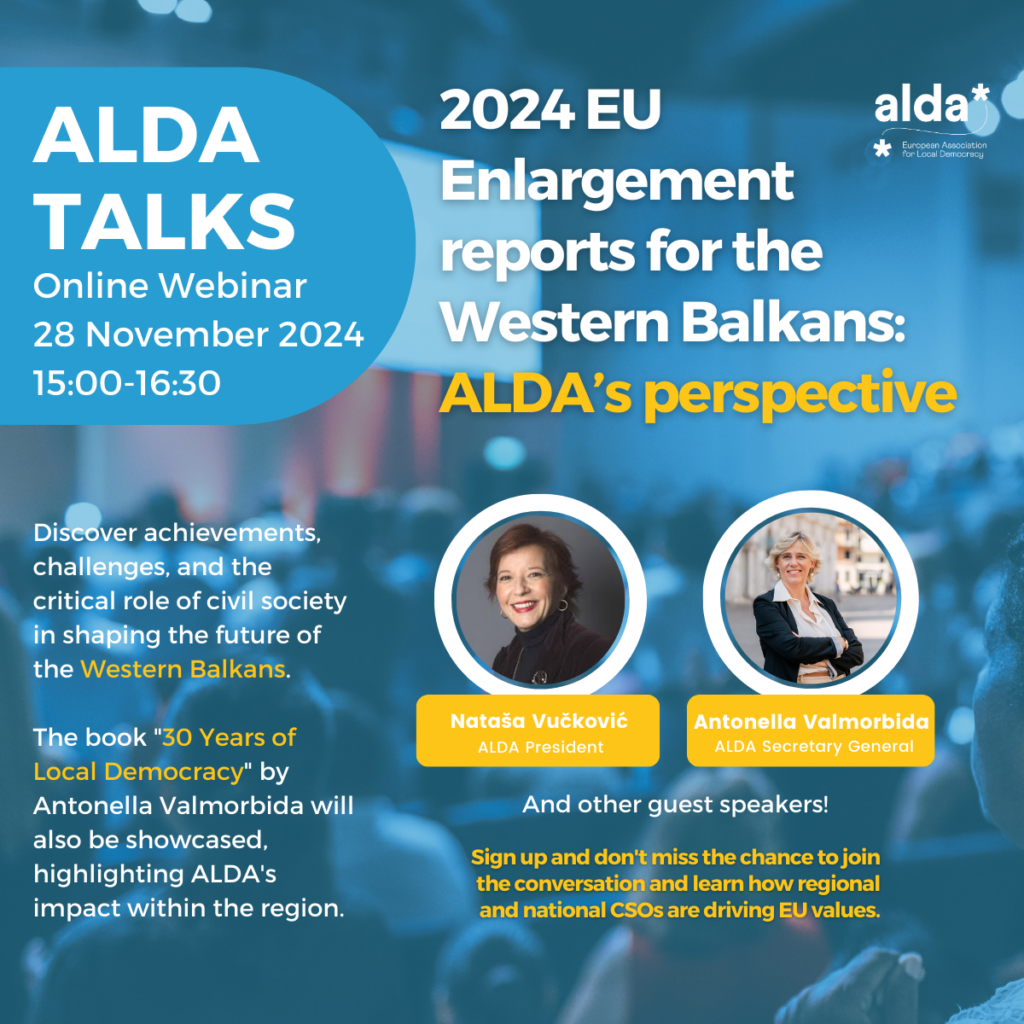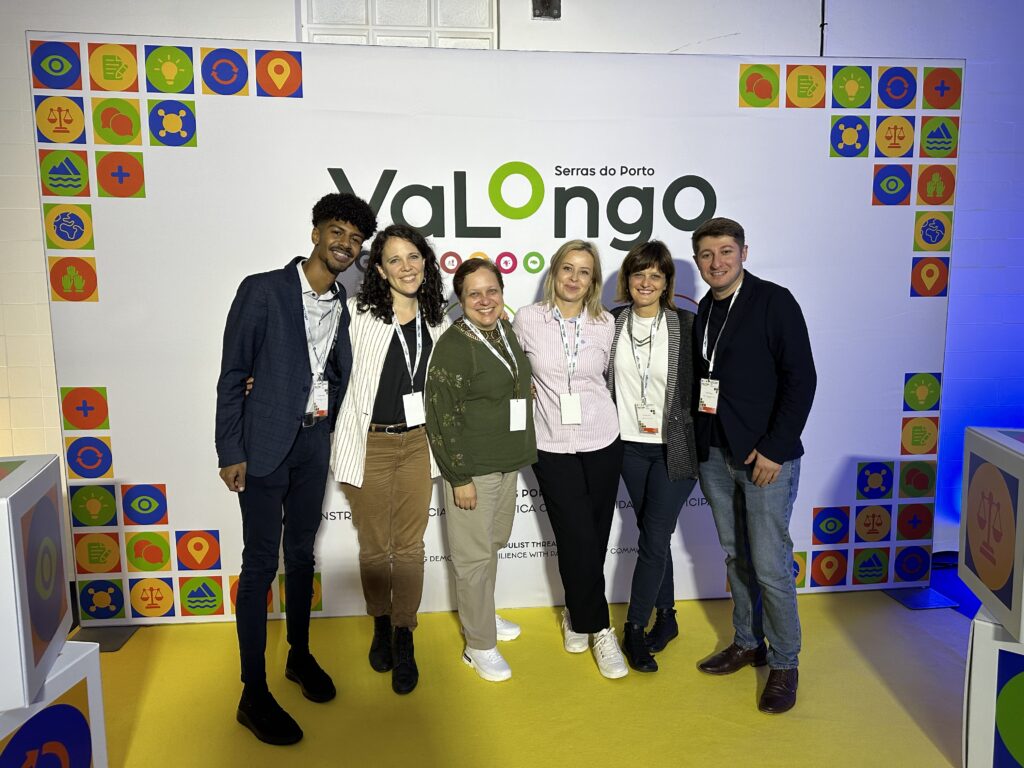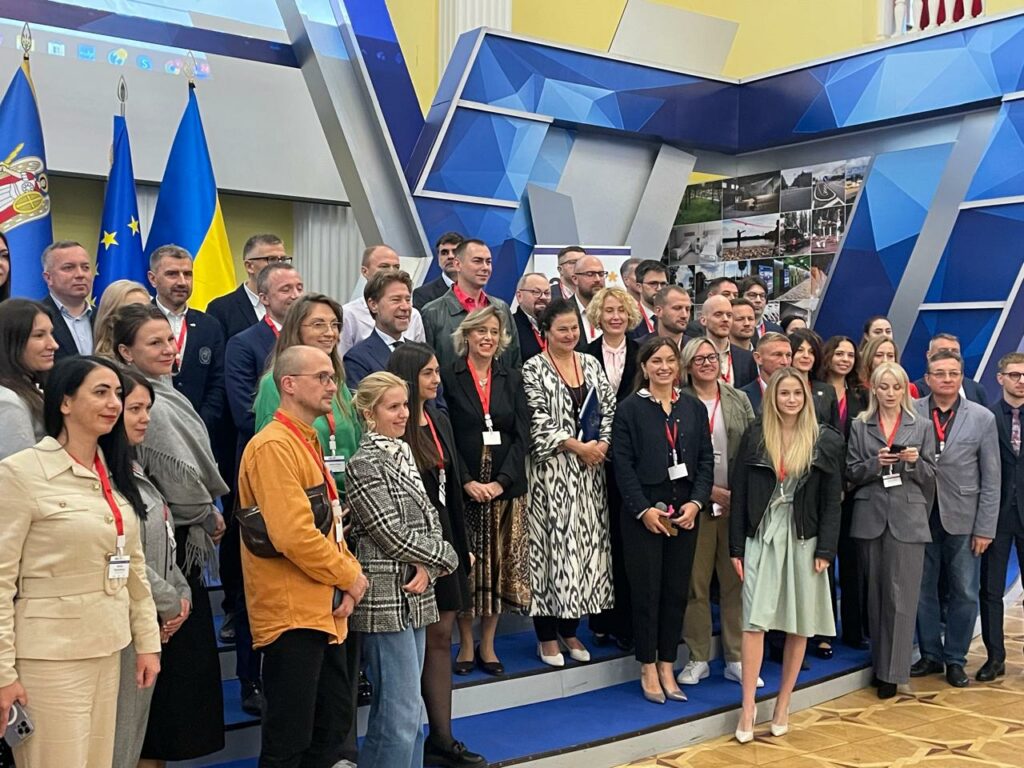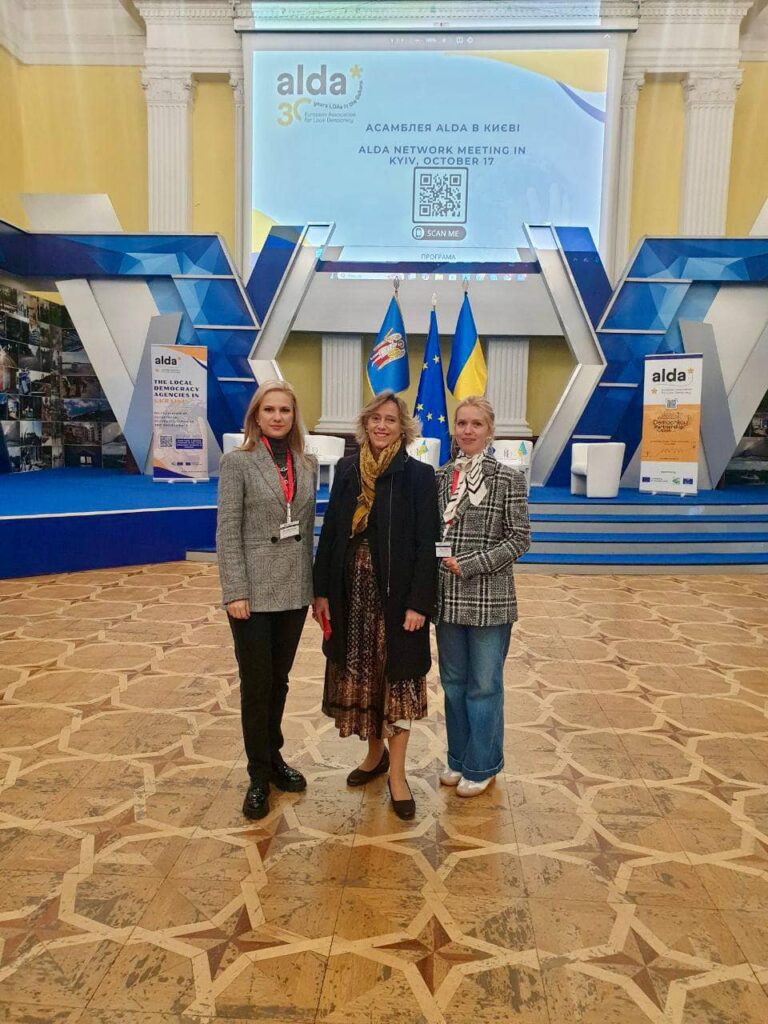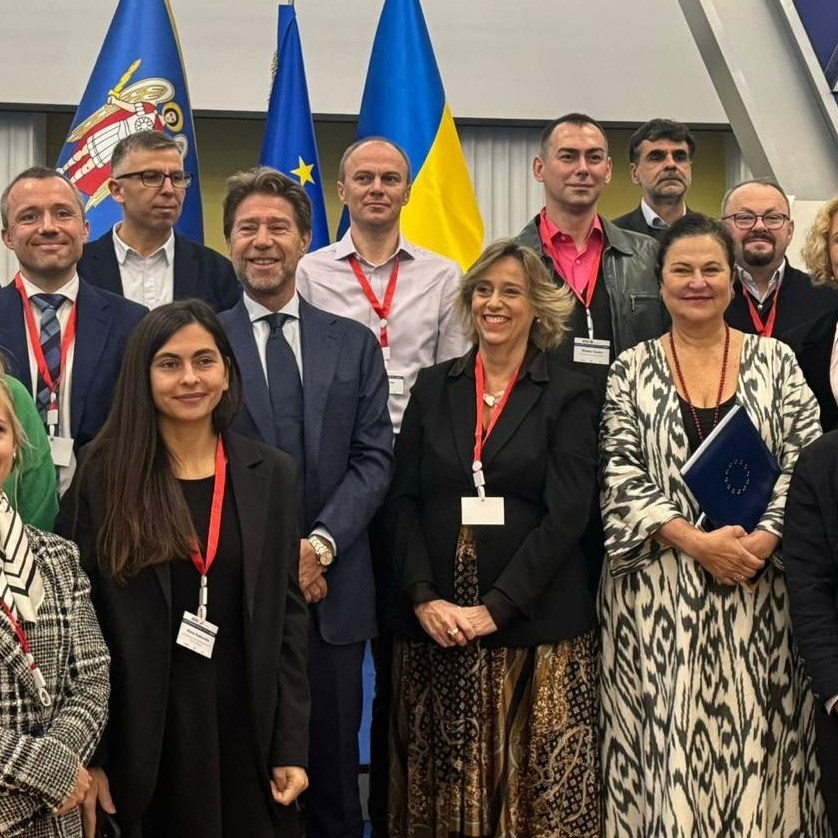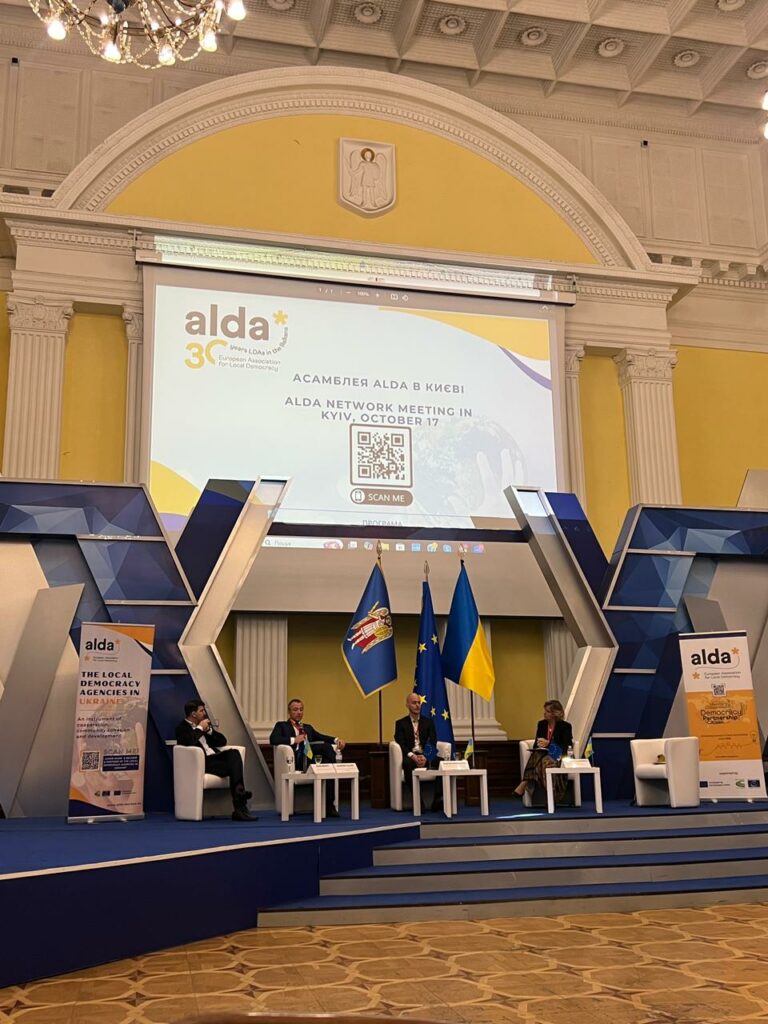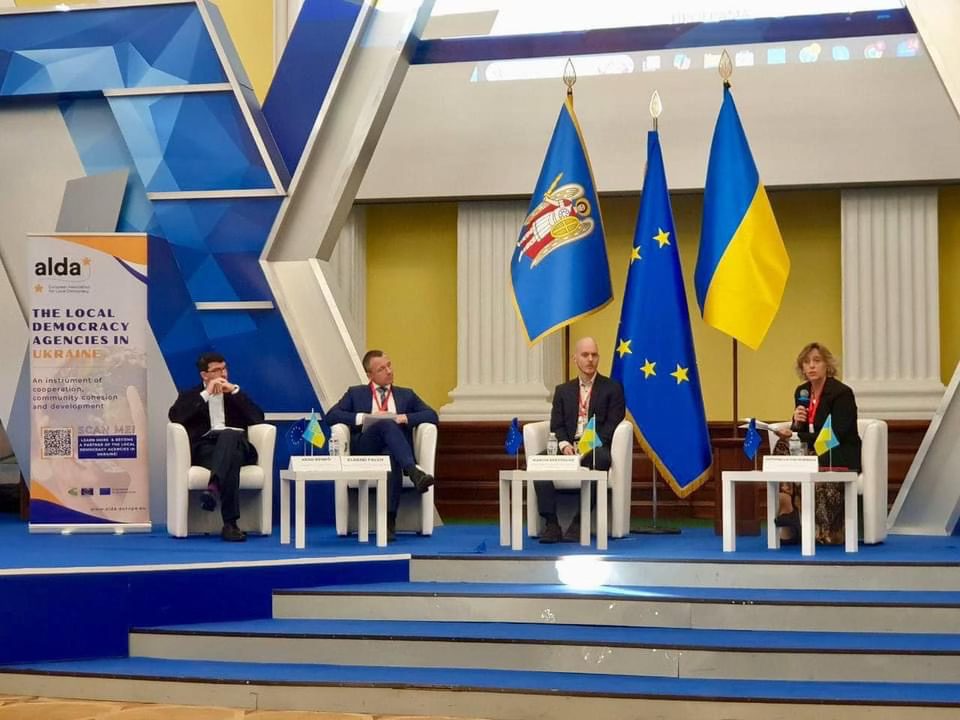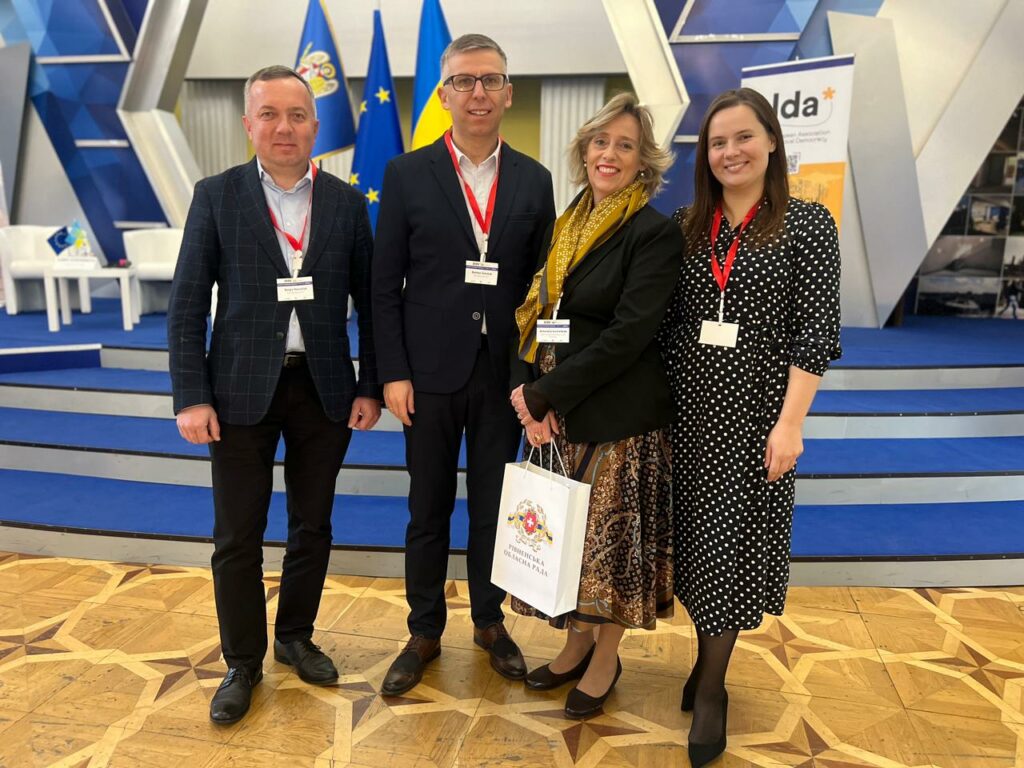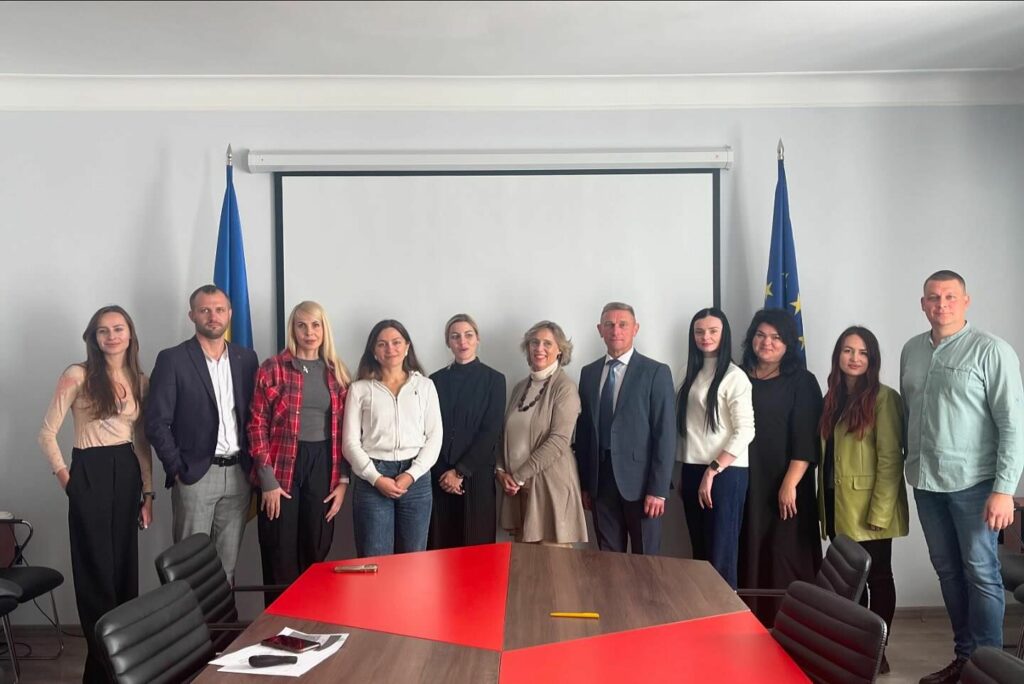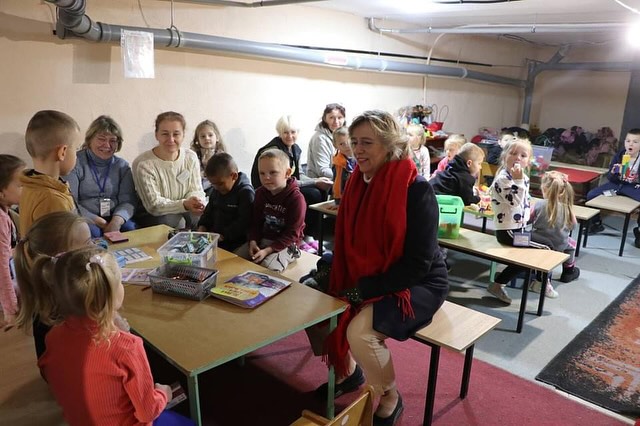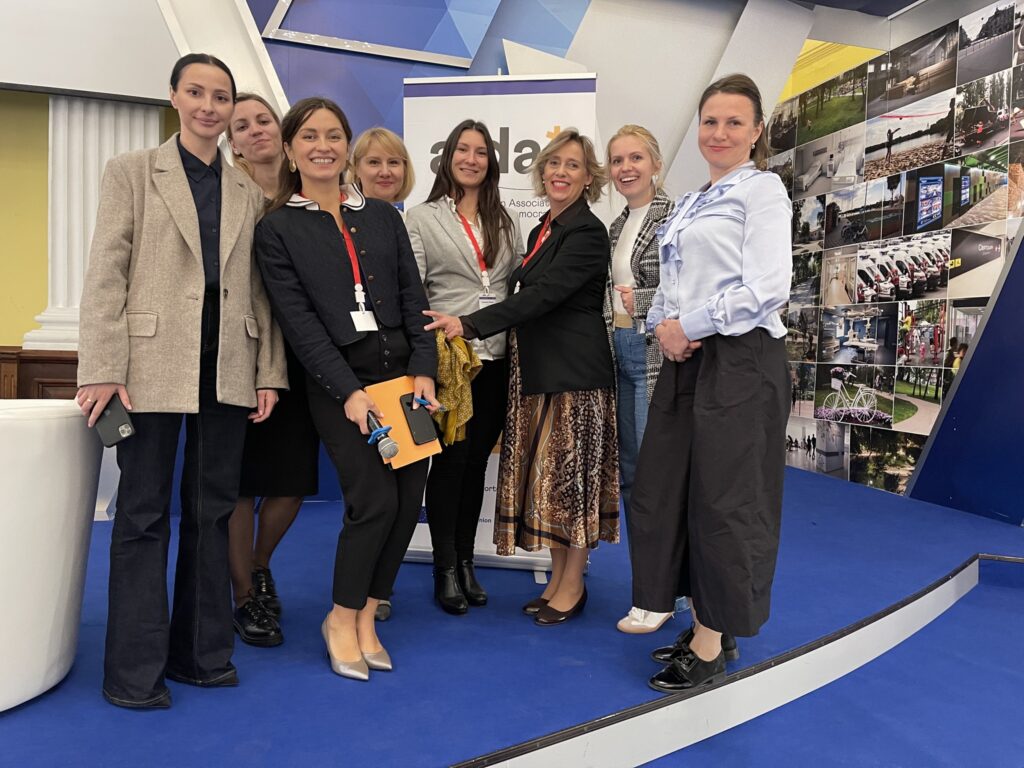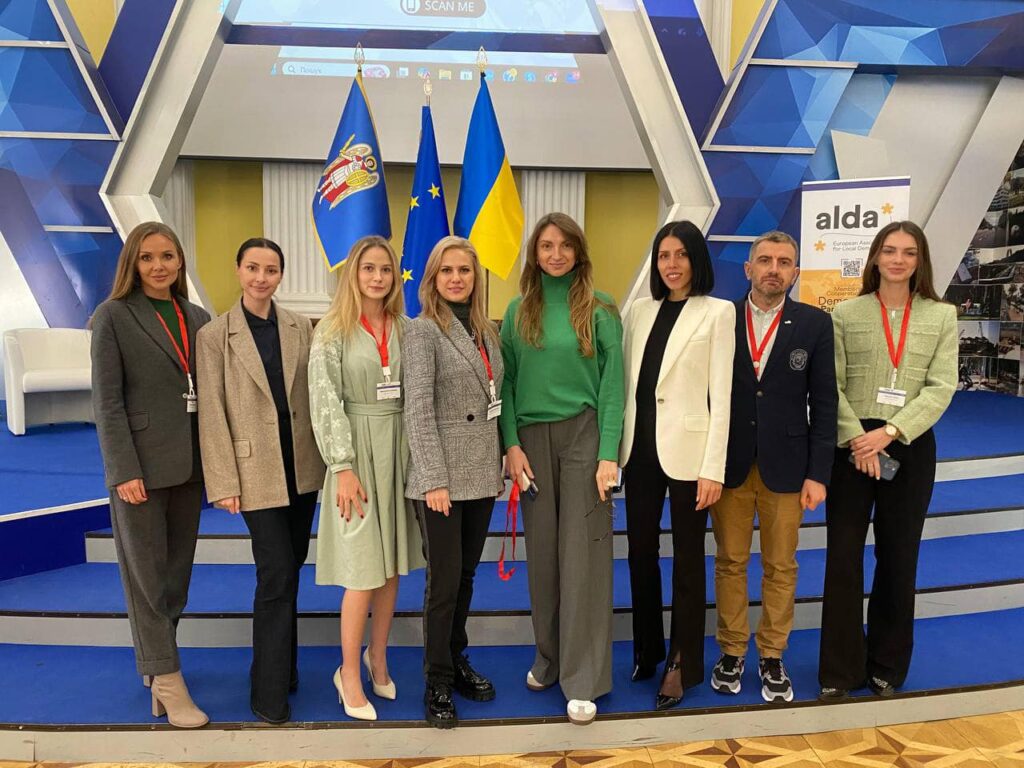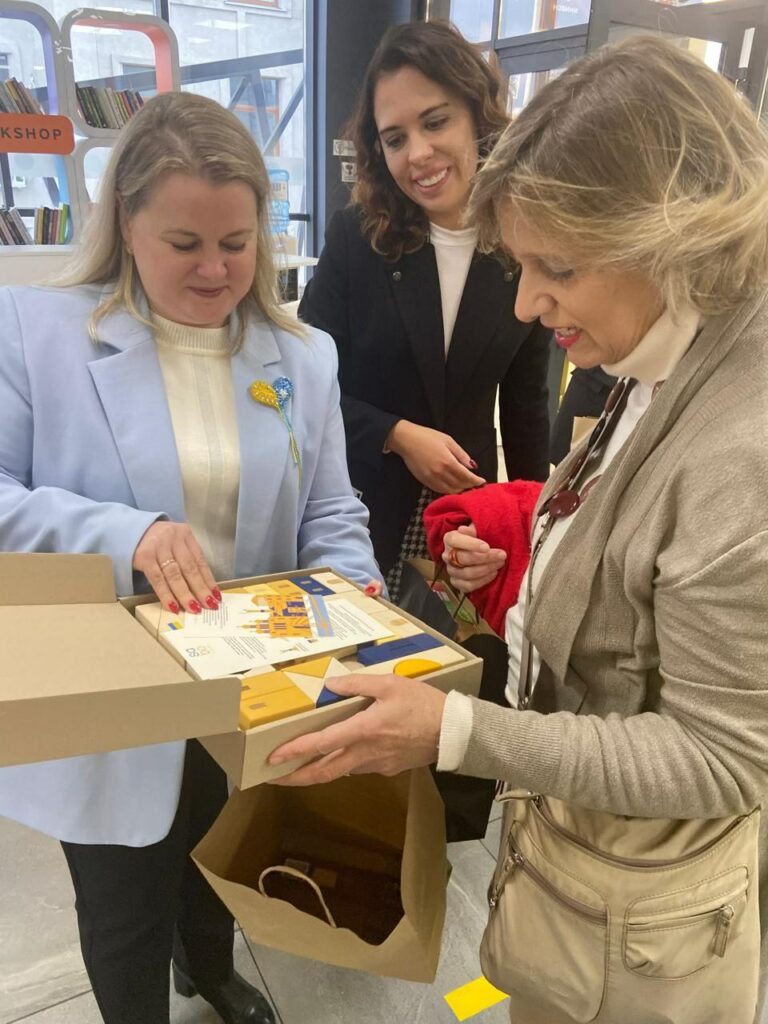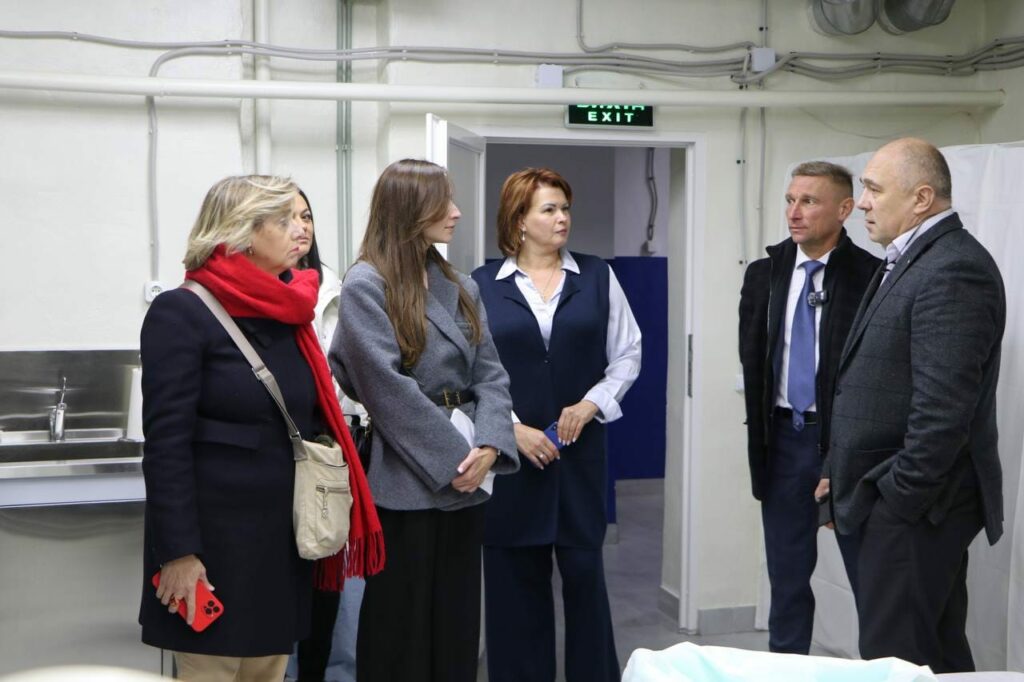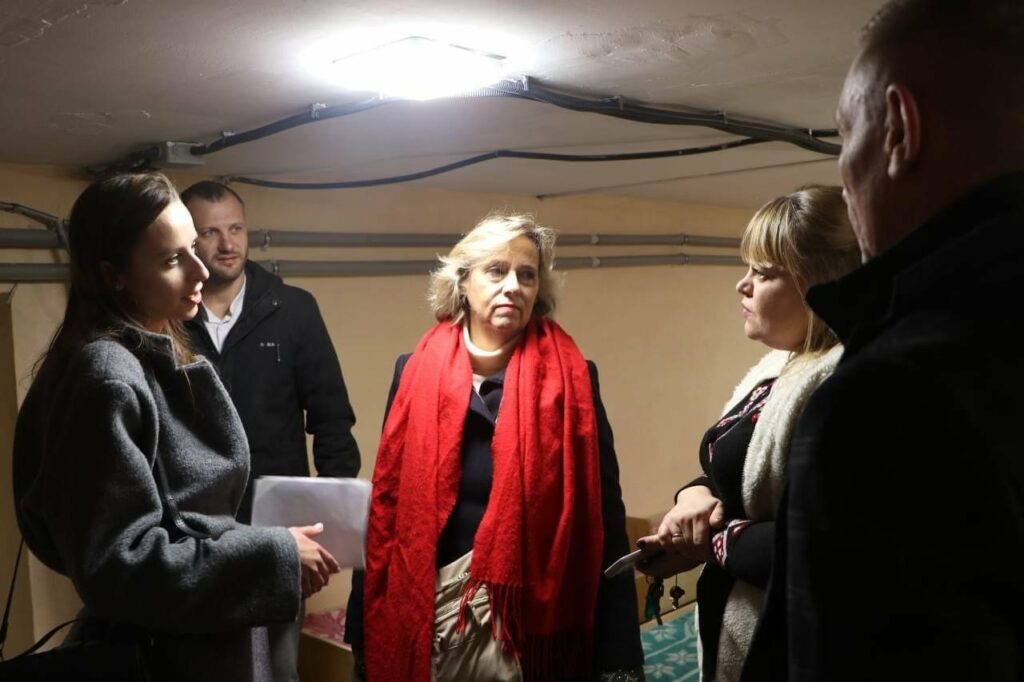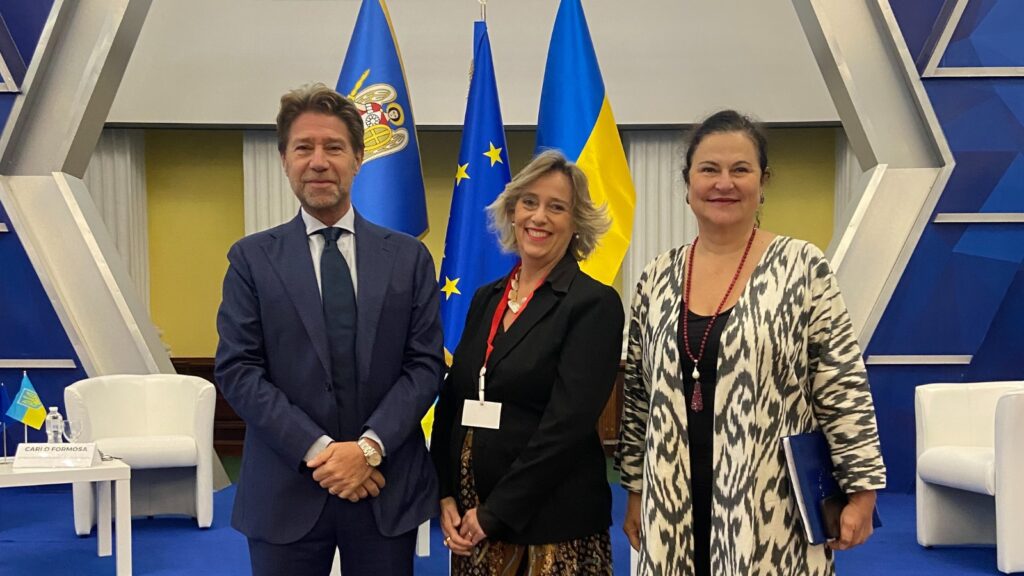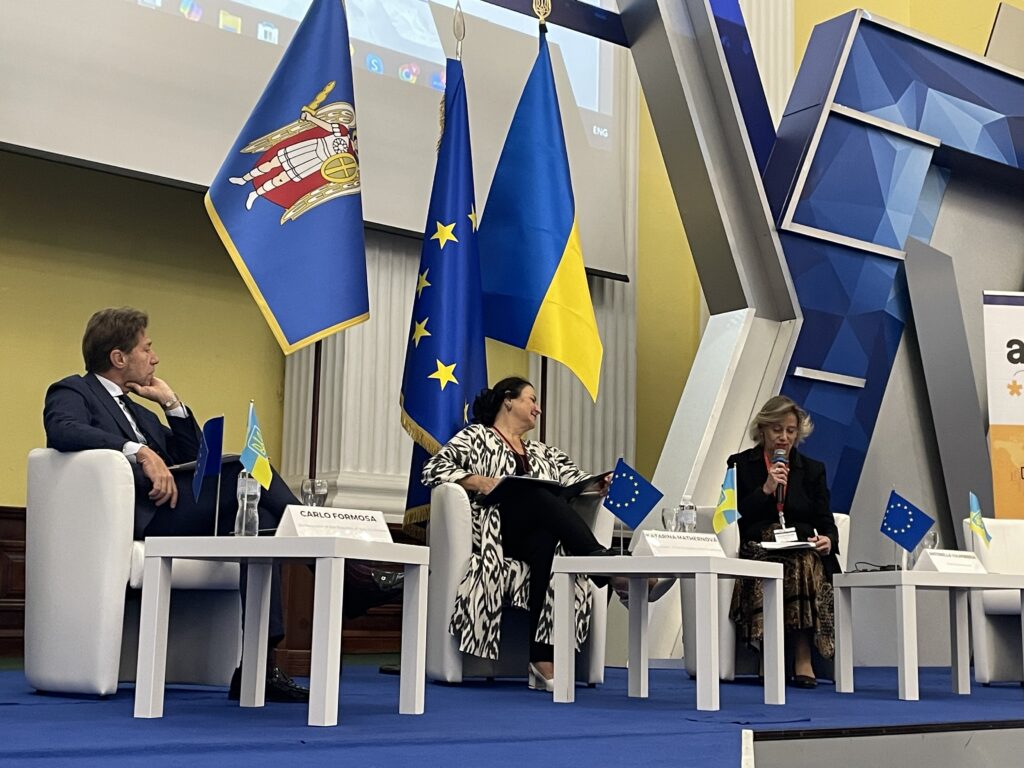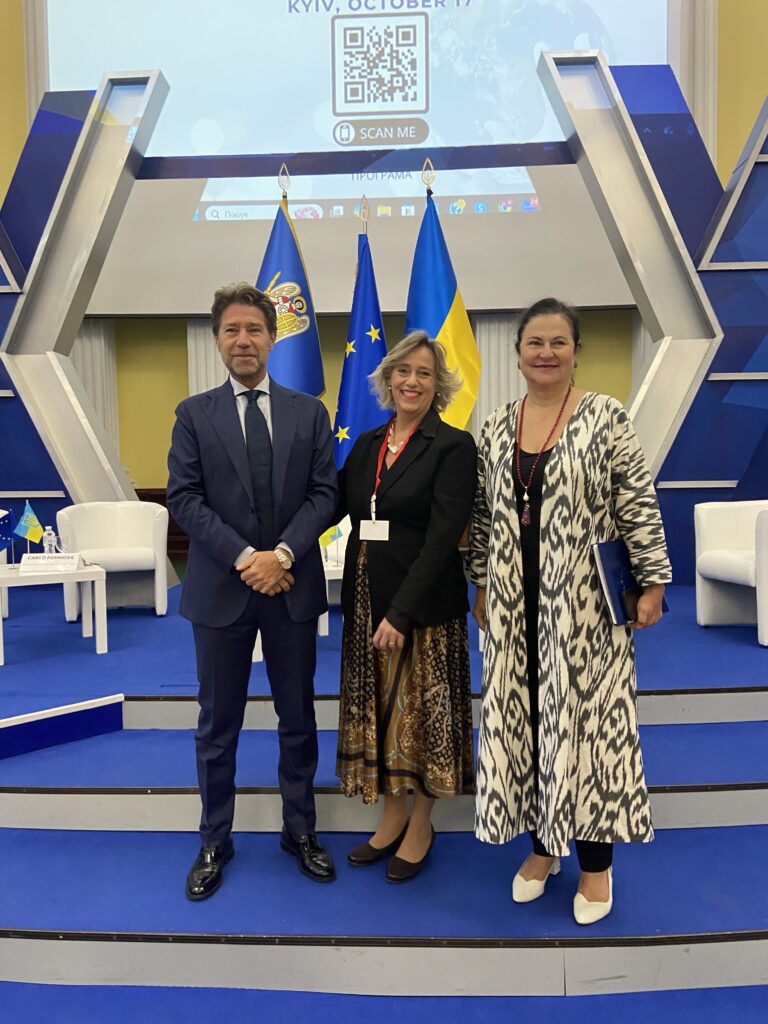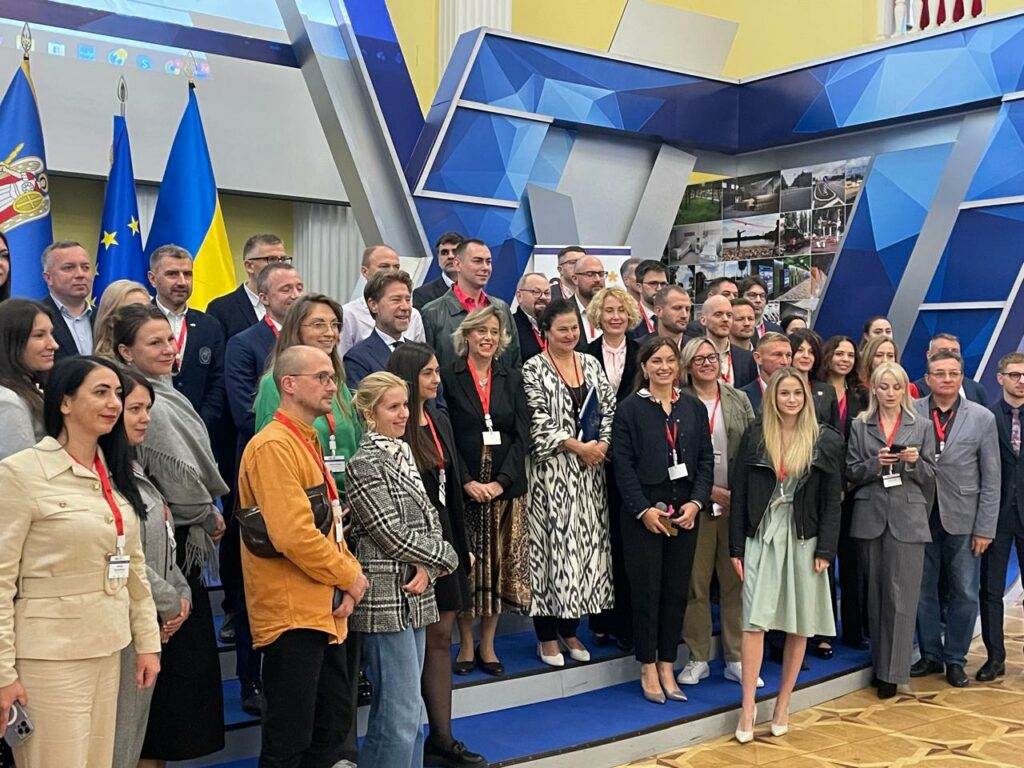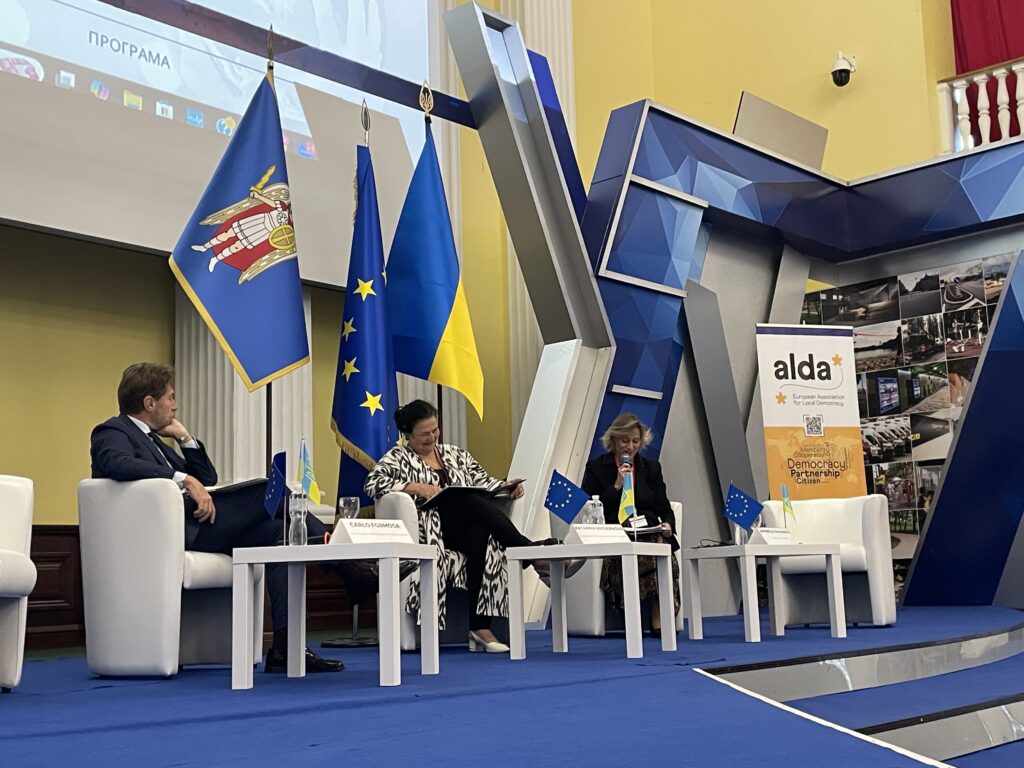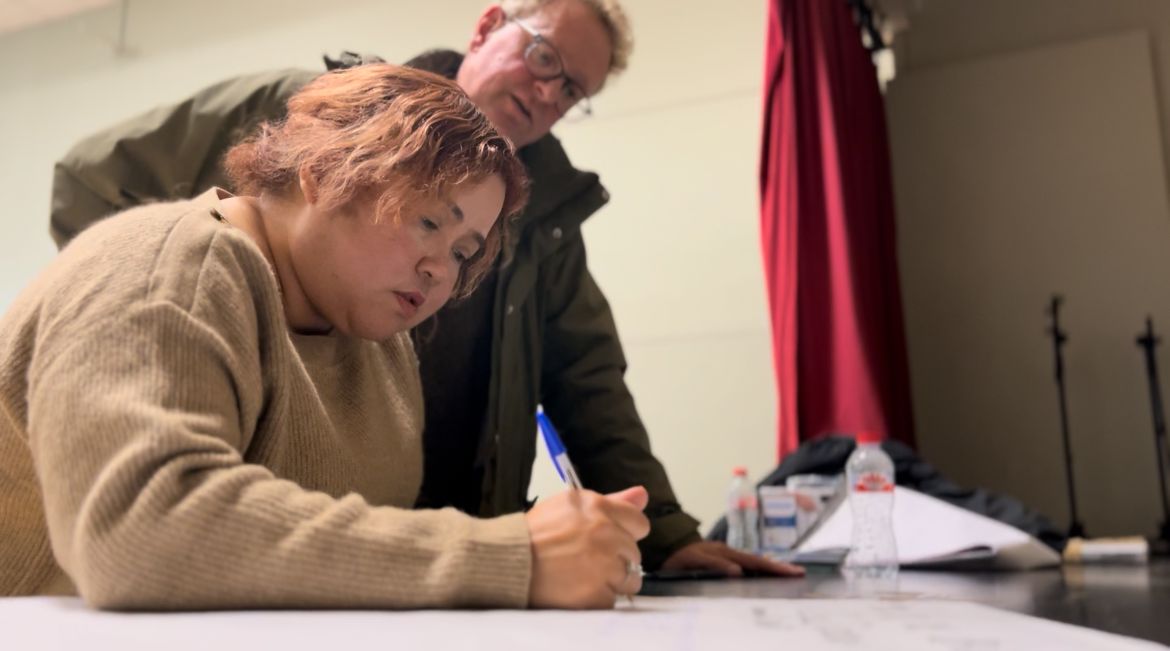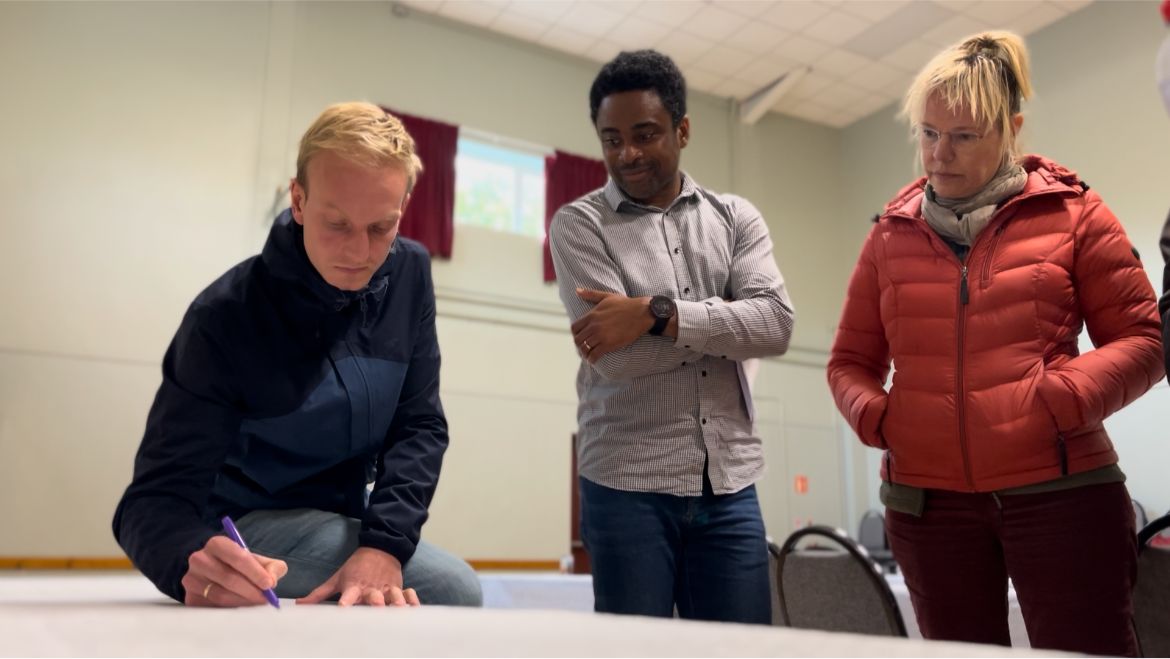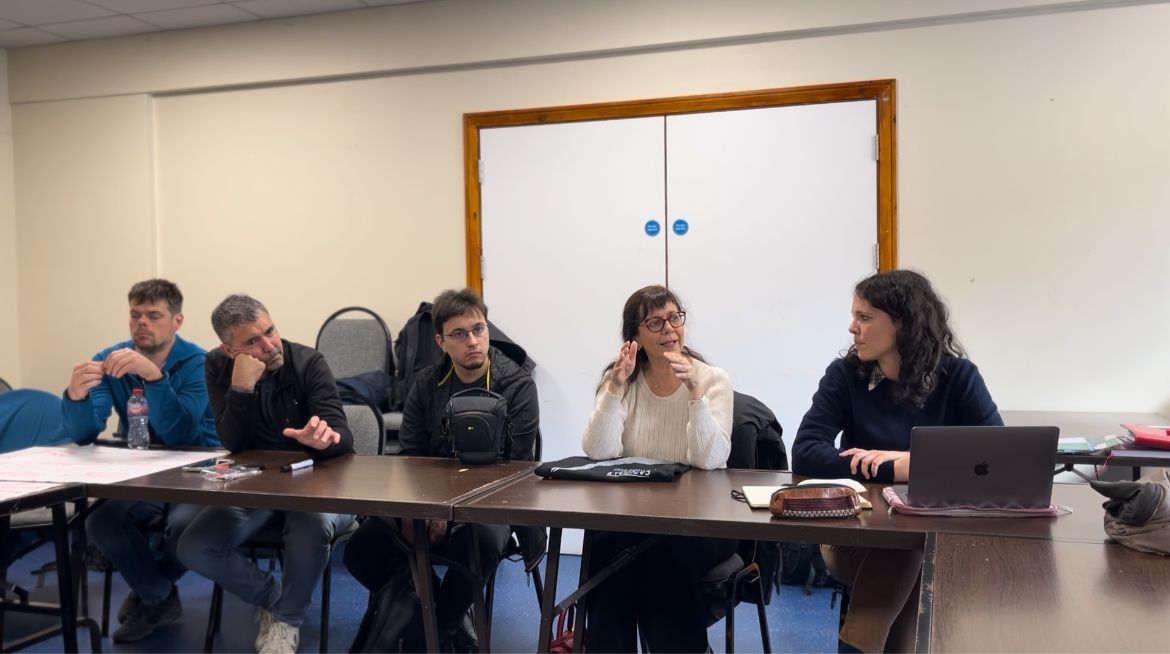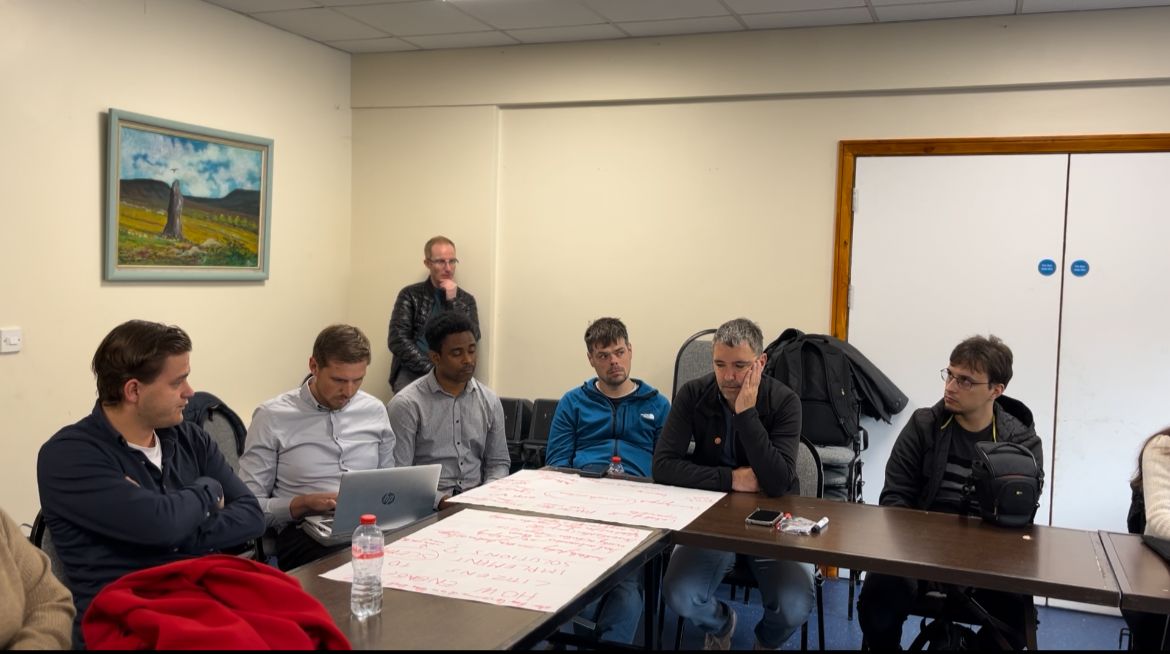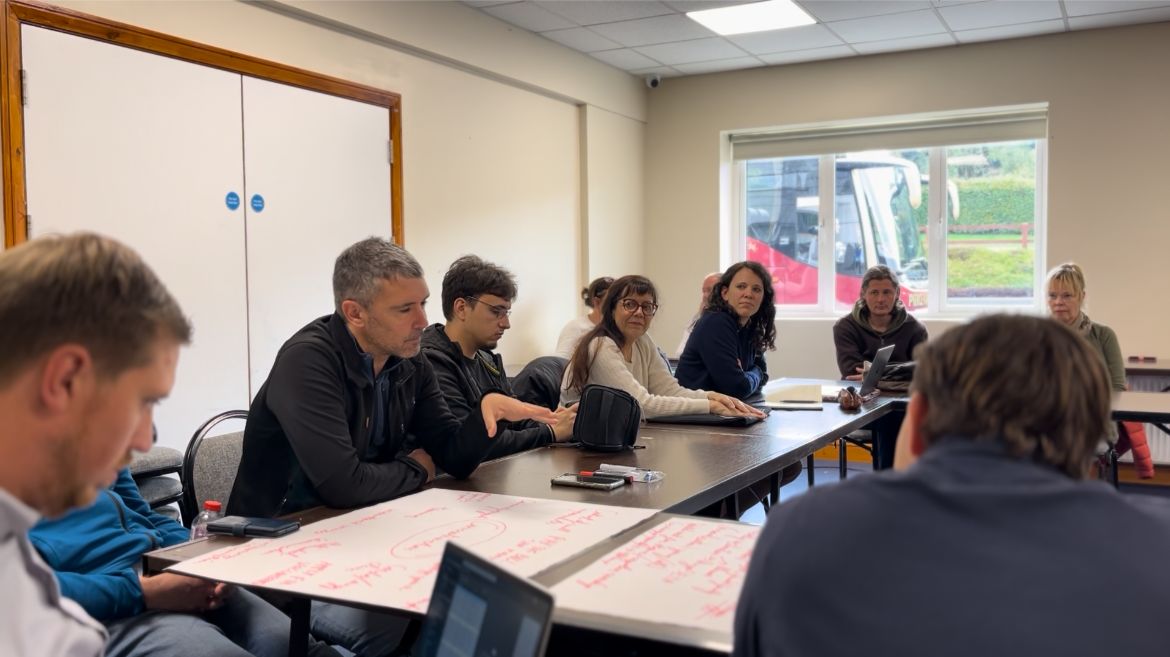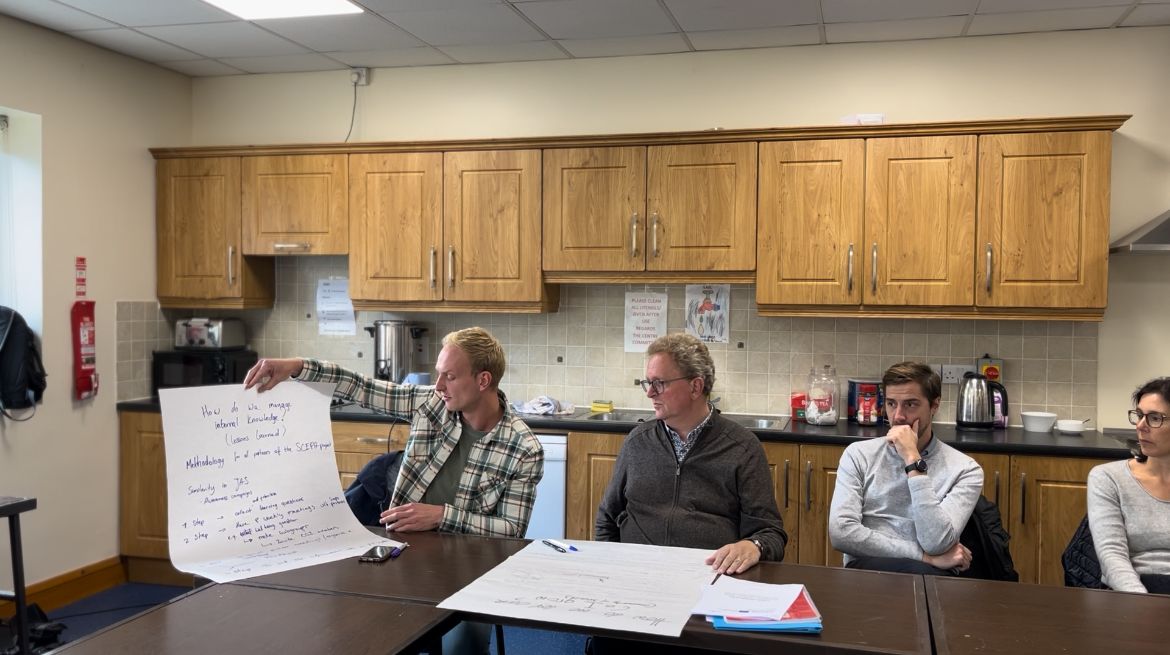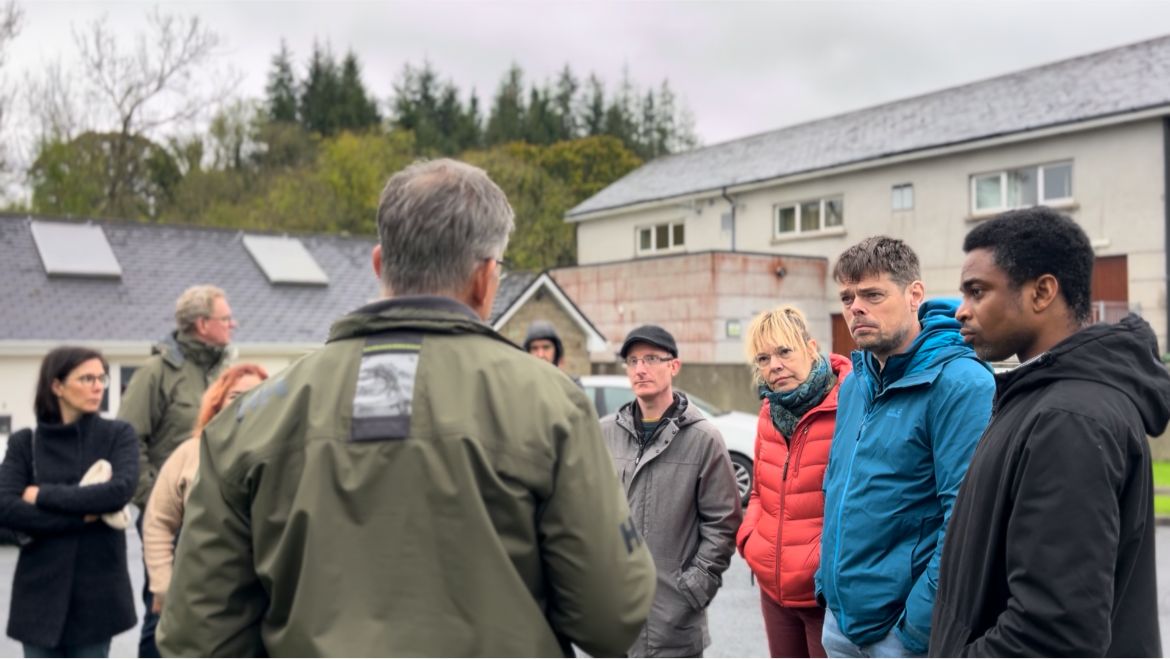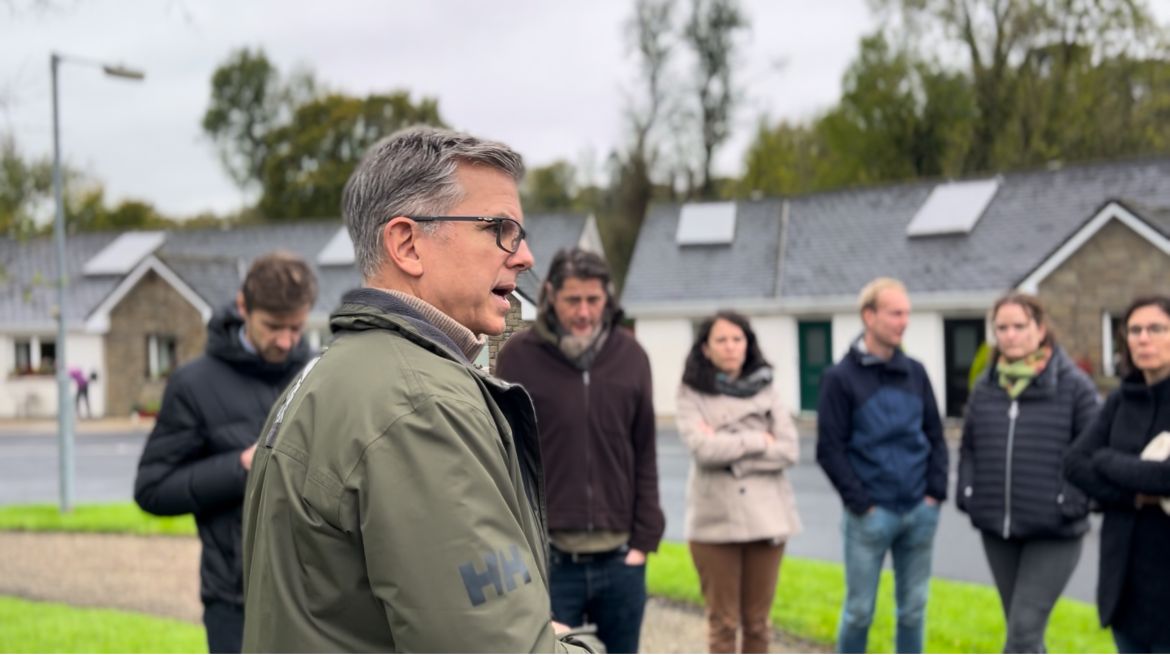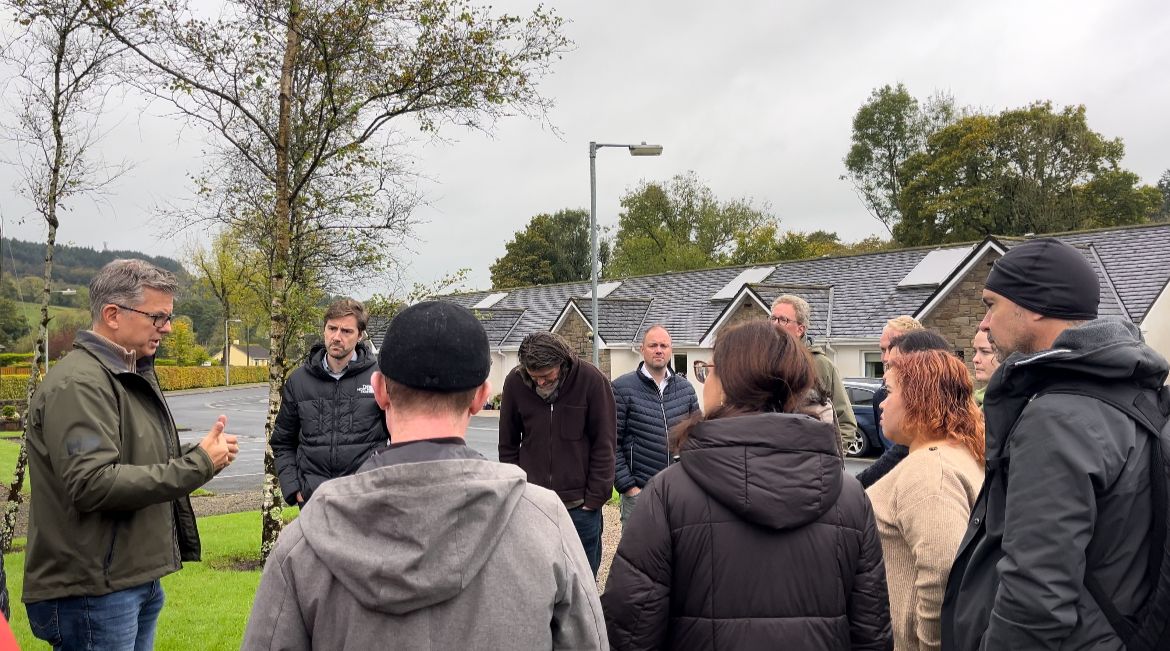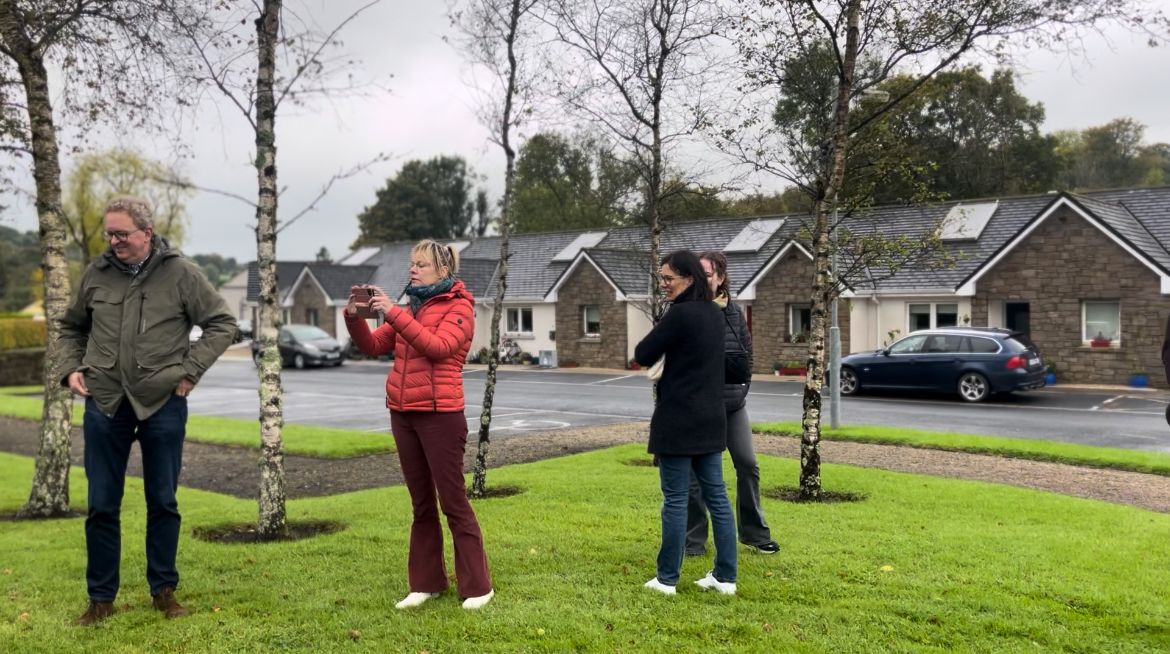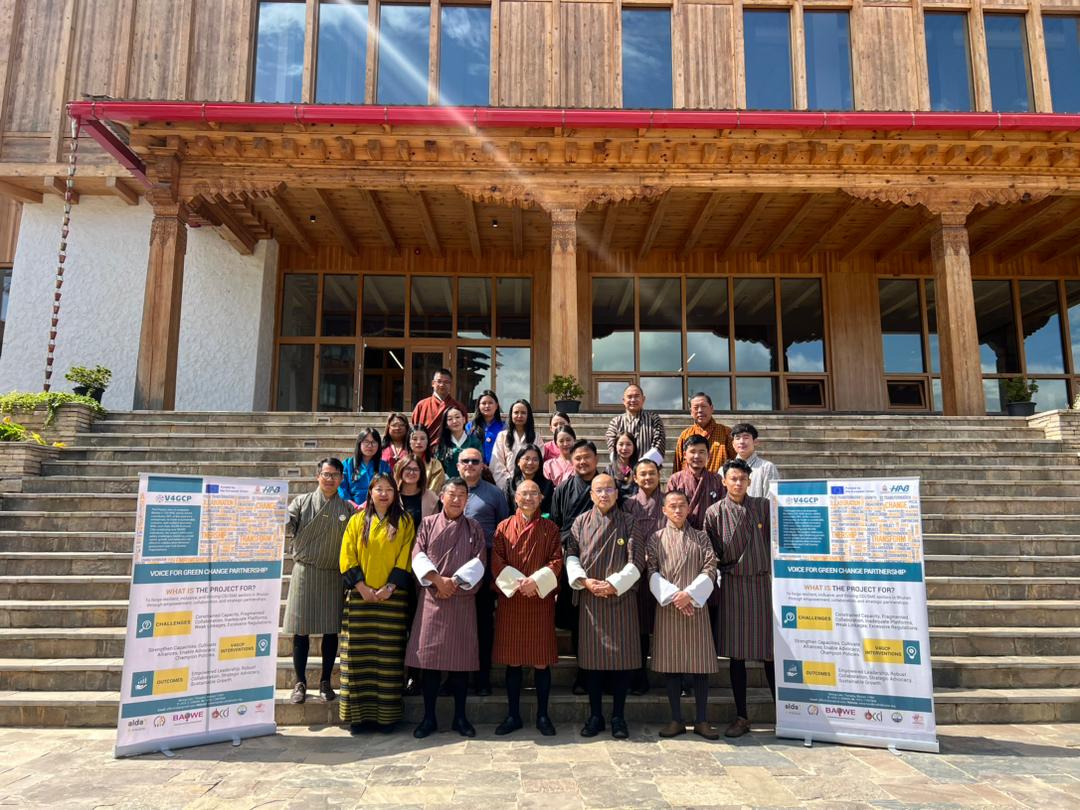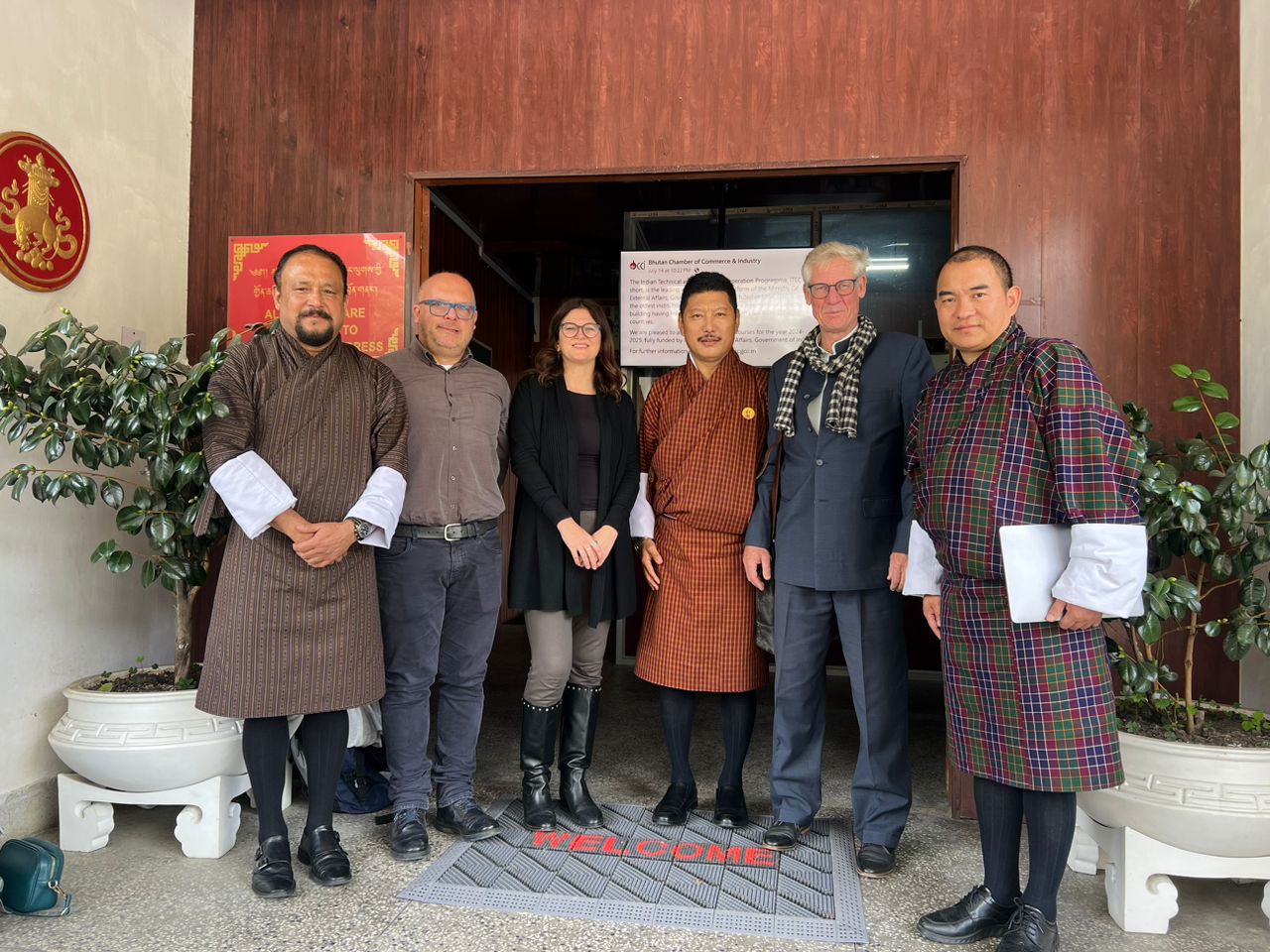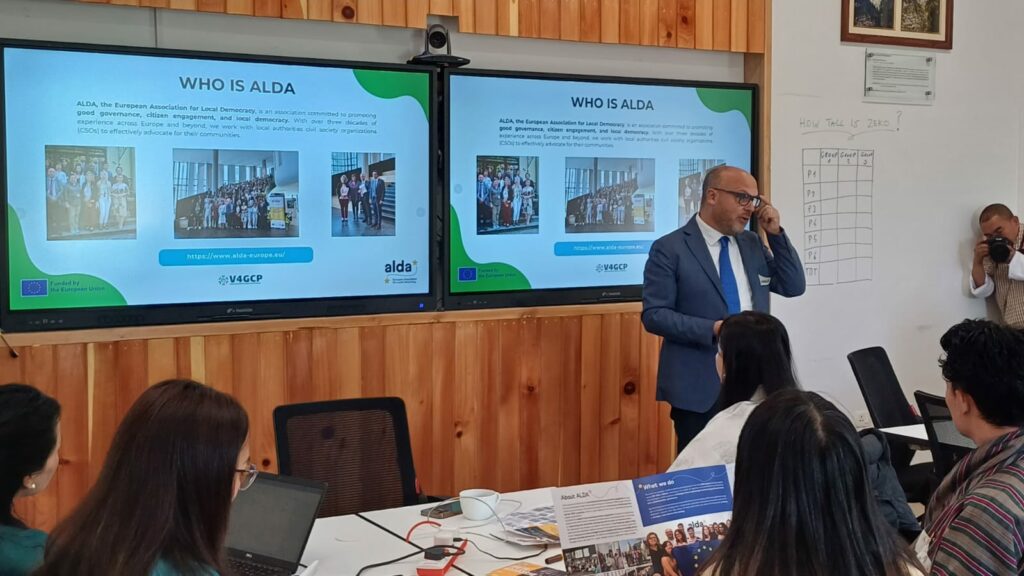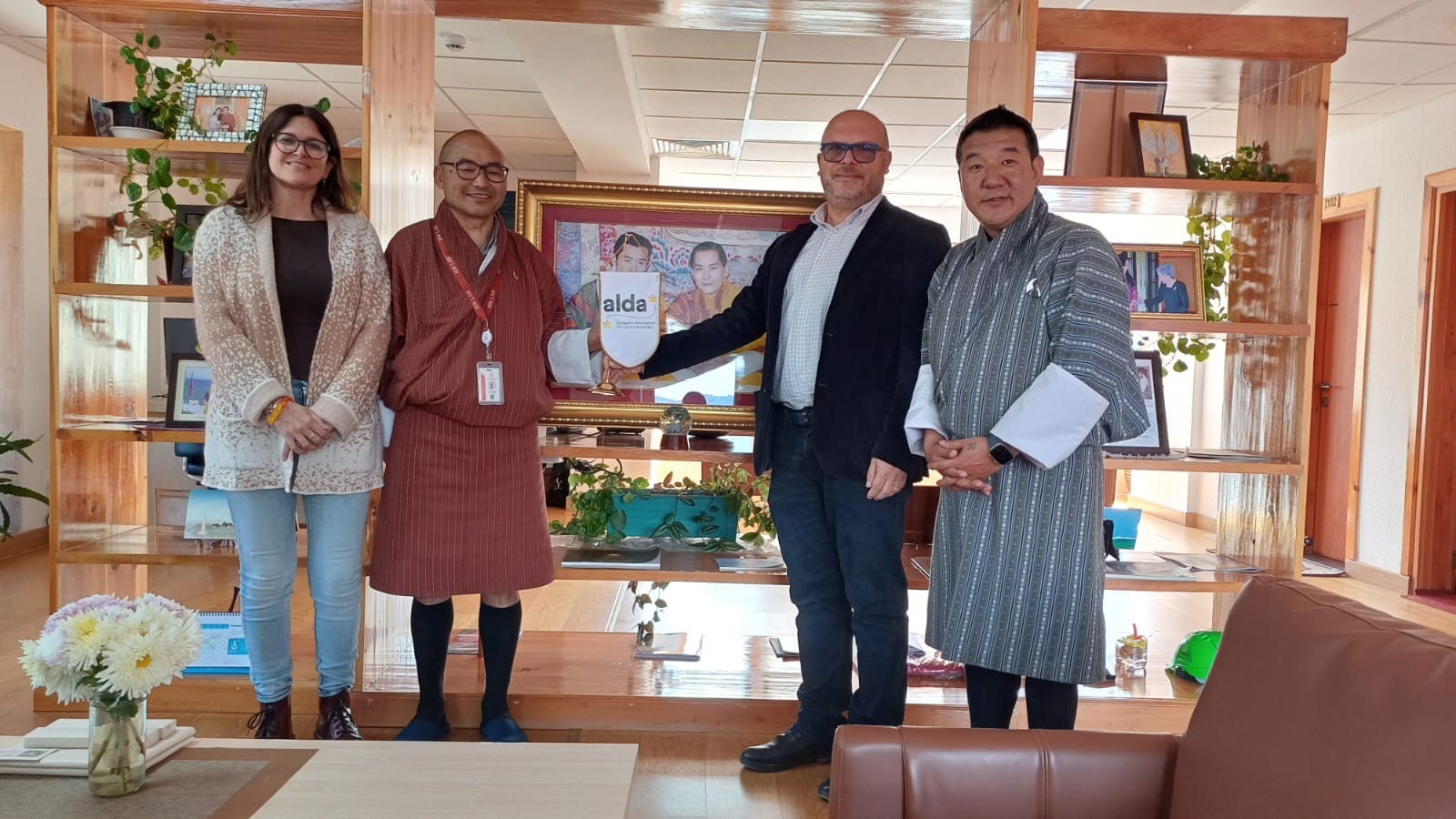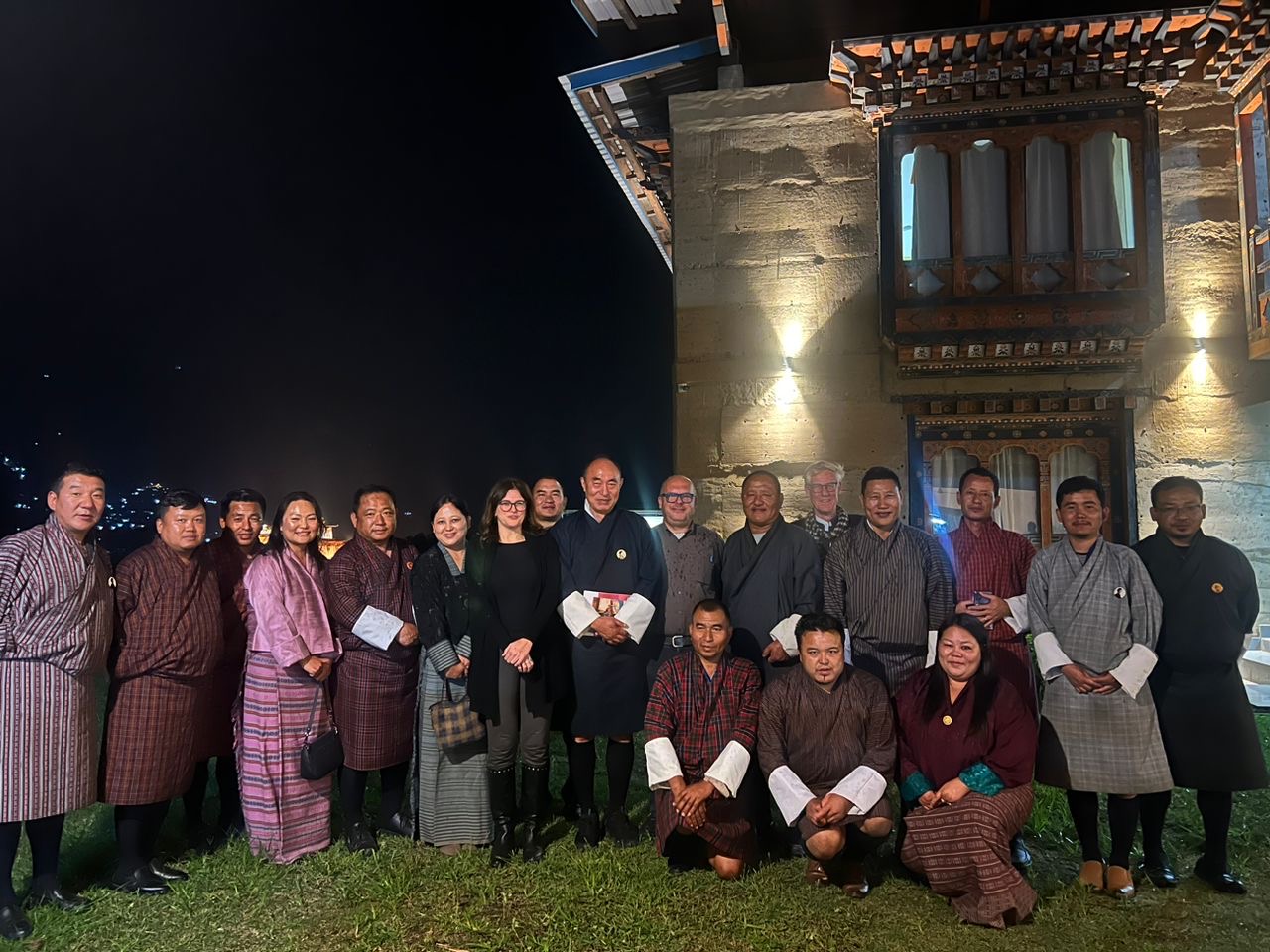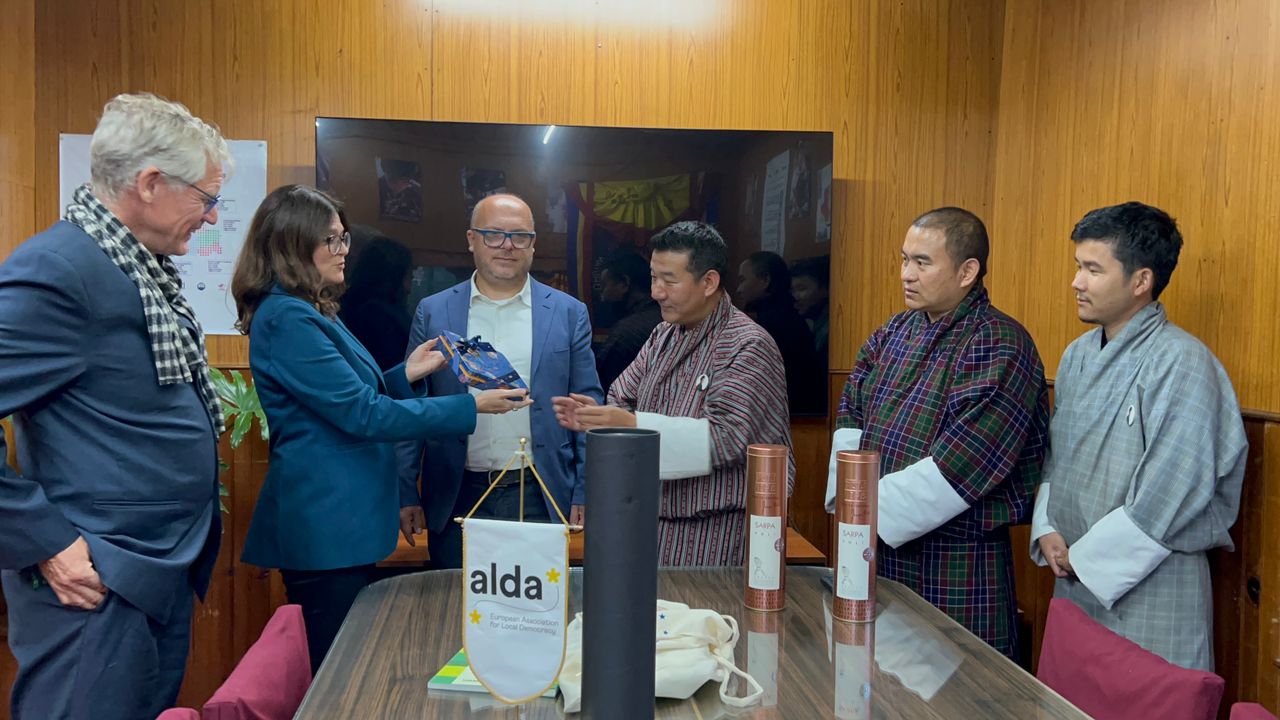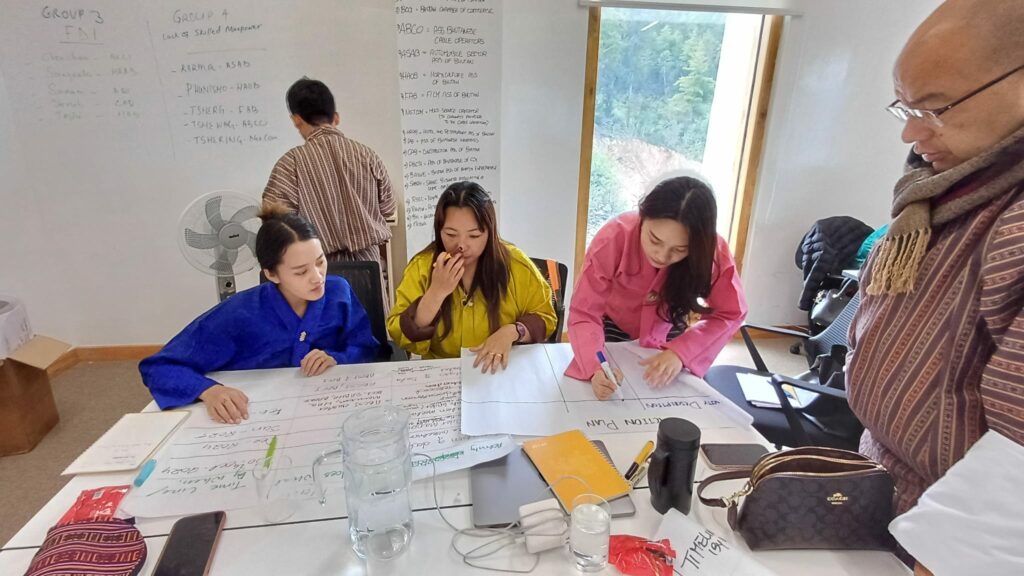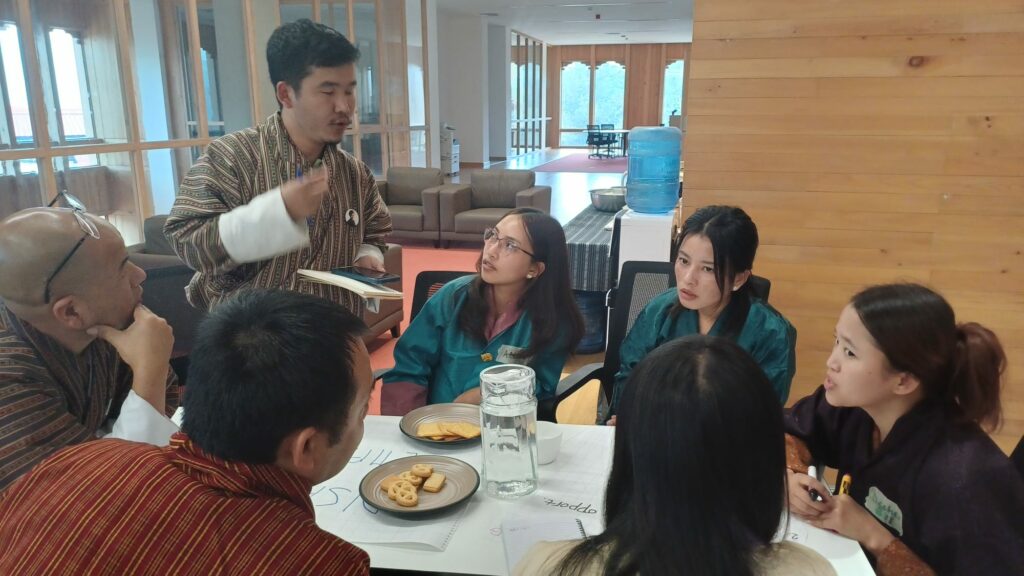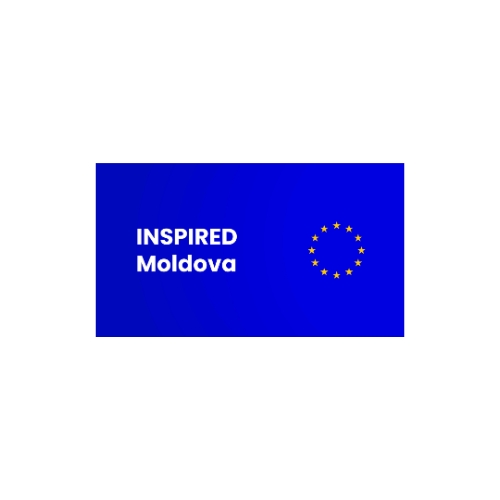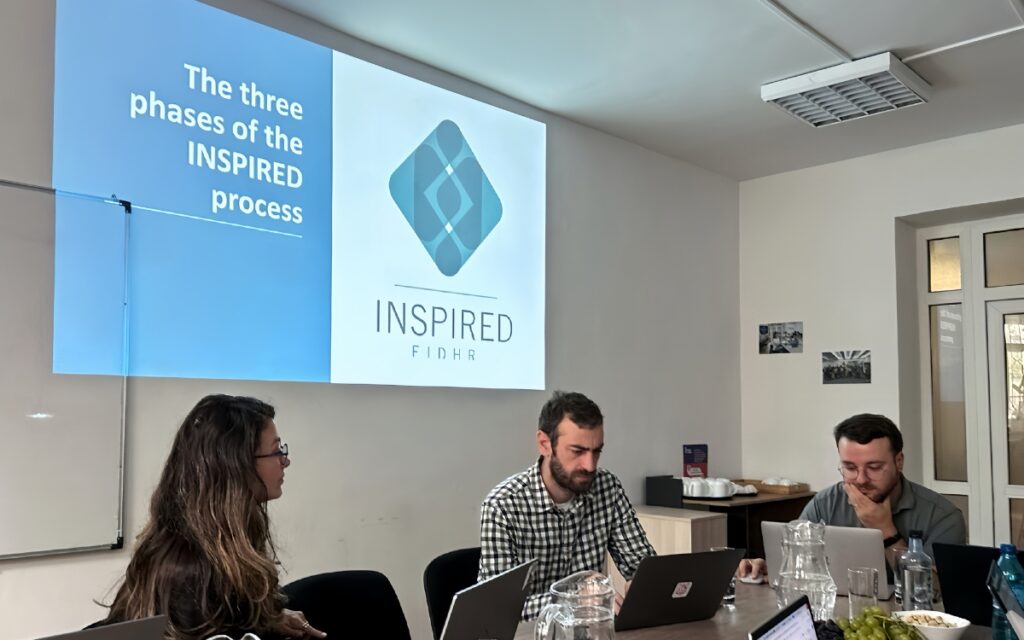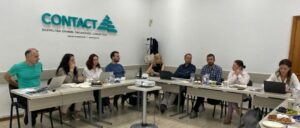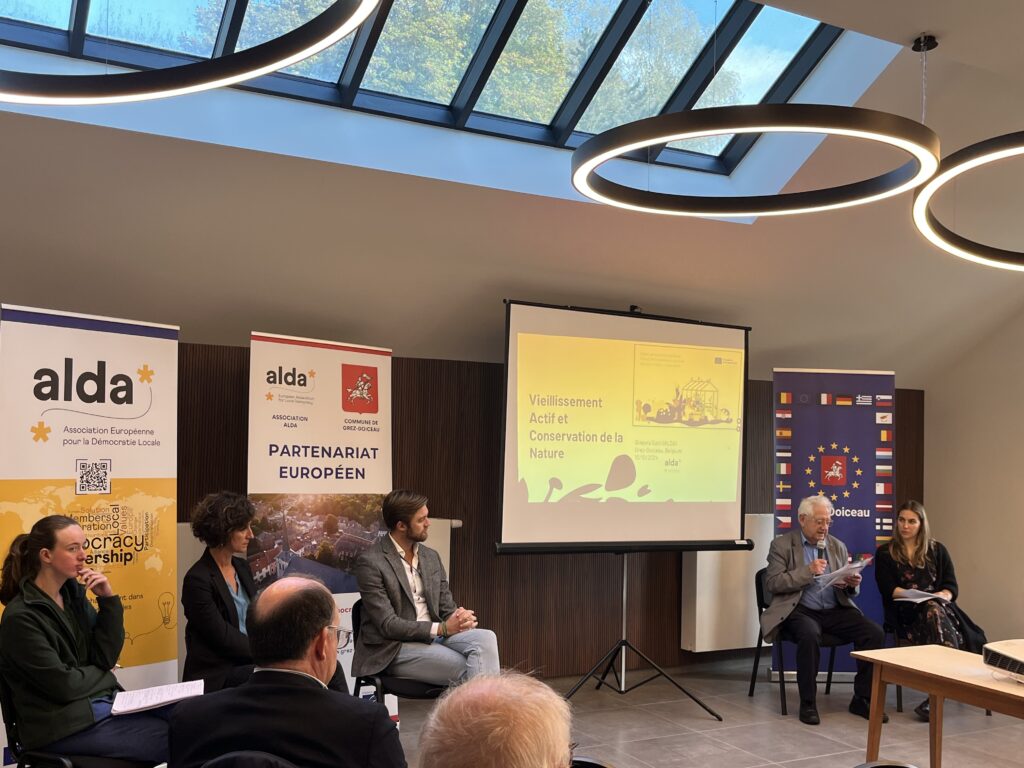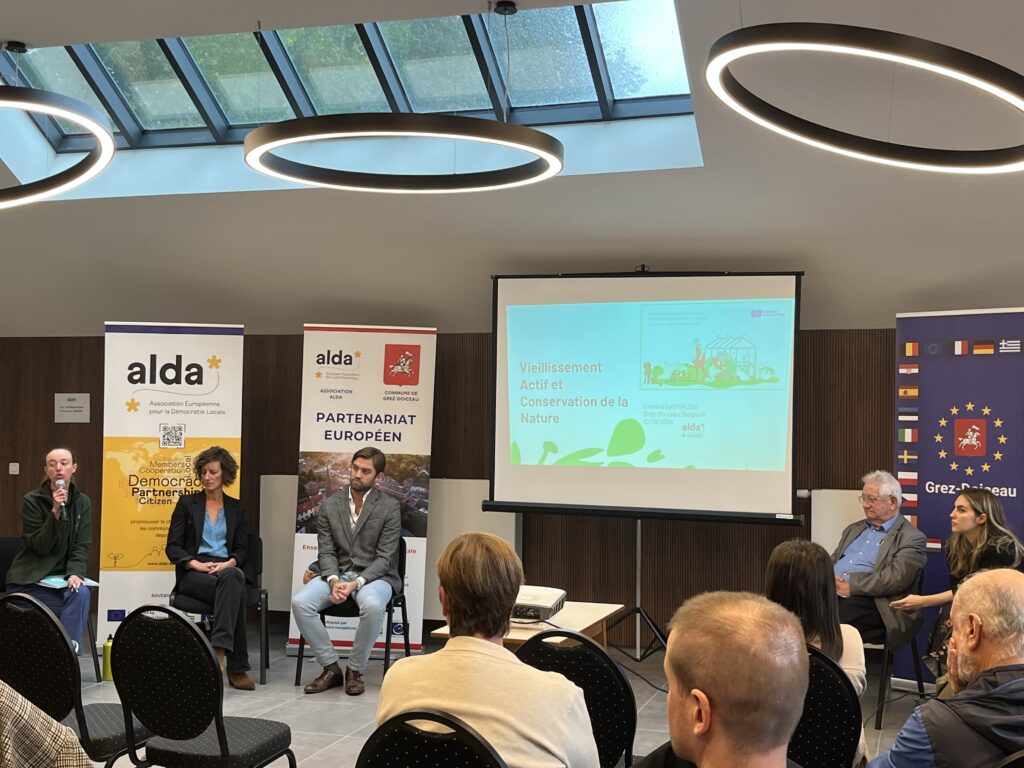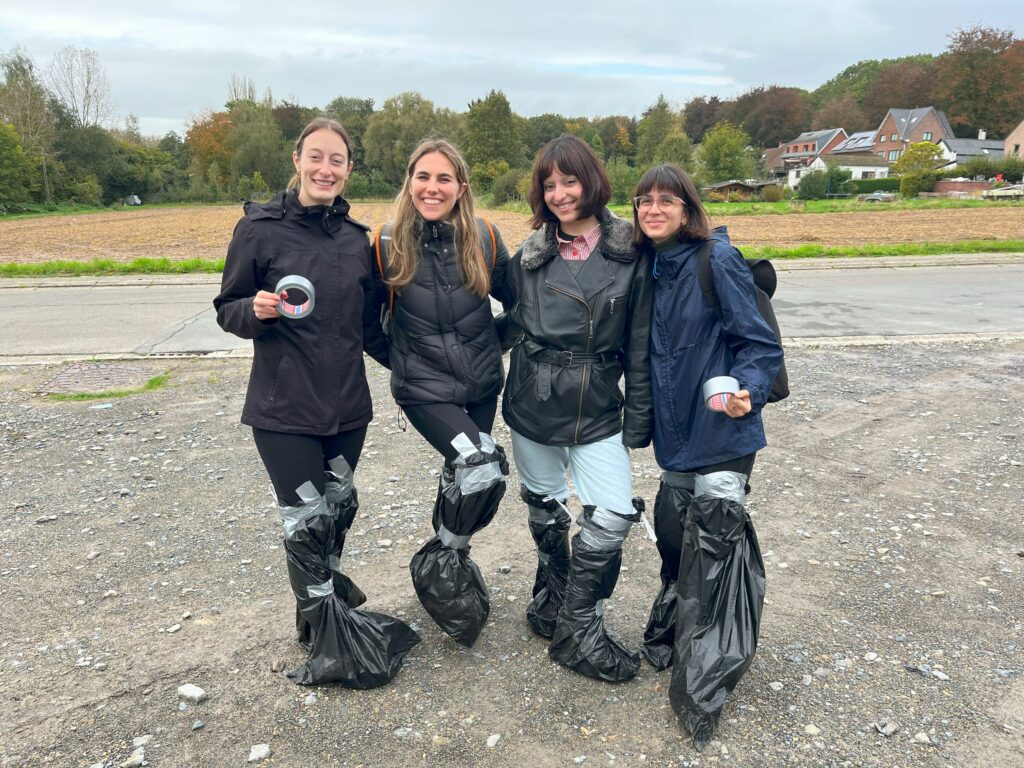In a media landscape riddled with misinformation and growing pressures on journalists and press freedom, projects such as Media4EU that address such issues in North Macedonia, are of great importance. The project implements targeted interventions through professional training, EU expertise exchange, and practical skill development. A key focus is enhancing digital and media literacy while providing journalists with concrete tools for quality reporting, including training in data analysis, on self-censorship and tackling disinformation. Media4EU has also created an opportunity for young people to develop their skills and learn from experts and seasoned journalists.
The 2023-2024 mentorship programme has demonstrated measurable impact in its first round. Ten fellows, selected from 18 applicants, completed a structured three-month program under mentors Bojan Blazevski, Tamara Grncharoska, and Semra Musai. The program combined focused training on EU institutions with practical journalism skills development, and has had successful quantitative outcomes. Fellows produced 58 journalistic articles, in Macedonian and Albanian, that garnered significant public attention across social media platforms. The content published on Eurothink’s website, once shared reached 81,609 users on Facebook and 18,191 on Instagram, with total impressions exceeding 130,000 across platforms.
These results highlight the significant interest and impact the project has generated, reaching an extensive audience across social media.
Two fellows have particularly demonstrated the programme’s effectiveness through their reporting. Mihail Milosevski has produced in-depth coverage of press freedom and environmental issues. His analysis of the European Act on Media Freedom highlighted specific challenges:
“Macedonia still faces serious challenges including threats and violence against journalists, corruption, political and business influence, as well as a lack of effective legal protection for journalists.”
Mihail Milosevski
While, Zenel Miftari‘s reporting on EU integration has brought expert perspectives to complex political developments. His work includes analysis from political experts and journalists on concrete integration challenges, such as constitutional changes and regional diplomatic relations. The work of the young fellows demonstrates that investing in the next generation of reporters is crucial for fostering a more informed and democratically engaged society.
The mentorship programme operated through a clear framework and a well-structured approach which has helped address specific gaps in North Macedonia’s journalism sector, particularly in coverage of EU integration and democratic processes.
The programme continues to focus on developing concrete skills in data journalism, analytical reporting, and evidence-based storytelling.
Overall Media4EU and its mentorship programme, which is now in its second round, are a great example of how targeted professional development can strengthen journalistic standards and improve coverage of crucial policy issues. Through practical training and expert mentorship, participants are developing specific skills needed for quality reporting on North Macedonia’s EU integration process and broader democratic development.
